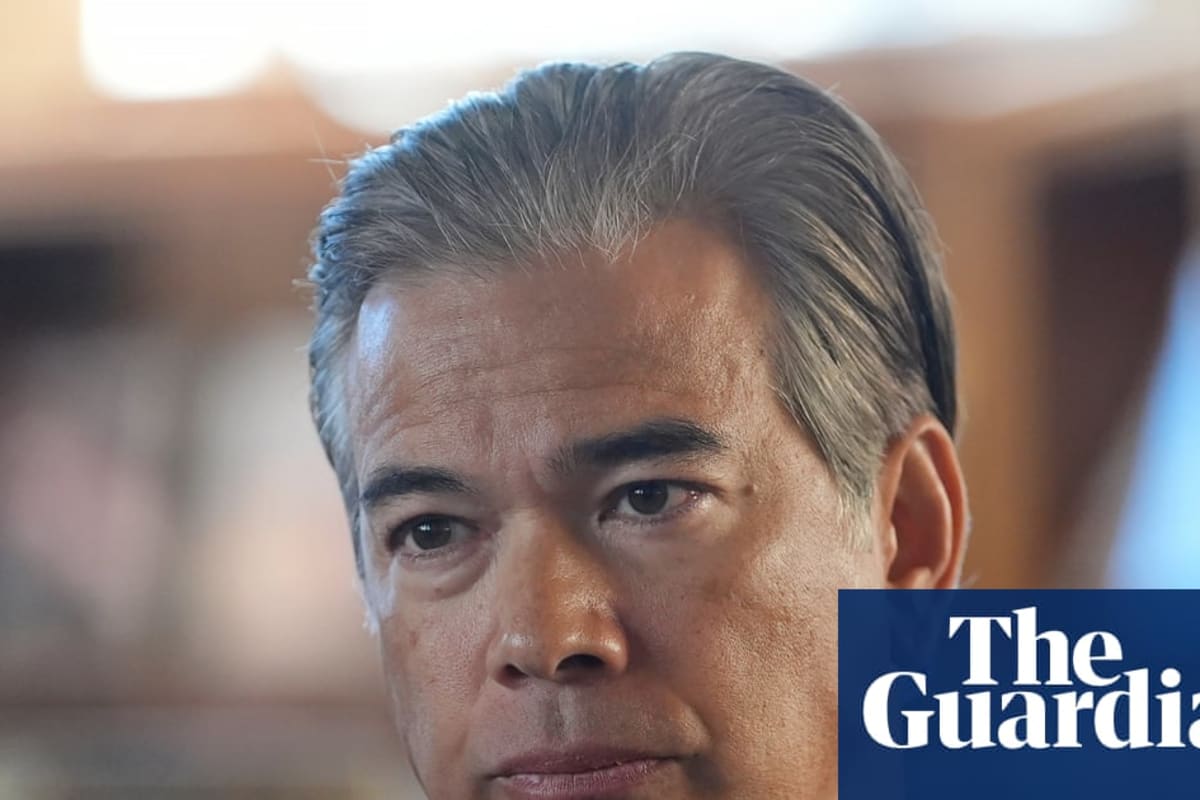Trump Admin Restores $6.8B in US Education Funds After Lawsuit

The Trump administration's abrupt decision in 2020 to freeze over $6.
8 billion in congressionally allocated education funds, and its subsequent reversal within months following a multi-state lawsuit, illuminated a profound clash between federal policy and state-level governance in the United States The initial freeze, impacting funds designated for critical educational programs nationwide, sparked immediate outrage and legal action The lawsuit, spearheaded by a coalition of attorneys general from 23 states, with California Attorney General Rob Bonta taking a leading role, effectively challenged the administration's action in federal court The successful legal challenge led to the restoration of funds specifically intended for a variety of crucial educational services including after-school programs that provide safe and enriching environments for children, summer learning initiatives designed to combat learning loss, comprehensive teacher training programs to enhance educator effectiveness, and vital support for English-language learners to facilitate their academic success The administration's justification for the initial freeze – citing nebulous instances of "gross misuse" of federal funds allegedly supporting a vaguely defined "radical left-wing agenda" – lacked specific details and concrete evidence This opaqueness fueled intense criticism from educational advocates, lawmakers, and the public, raising serious concerns about political motivations potentially overriding crucial educational needs The absence of transparency hindered any objective assessment of the validity of the administration's claims The lawsuit itself became a powerful demonstration of states' rights and their capacity to challenge perceived overreach and politically motivated actions by the federal government This event holds significant implications extending beyond the immediate financial impact on US schools It underscores a broader and ongoing political struggle concerning the appropriate role of the federal government in education, and the ideological battles currently shaping educational policy across the United States The controversy surrounding funding allocation reflects deeper divisions within the American political landscape, particularly regarding sensitive issues such as curriculum content, teacher training standards, standardized testing, and the overarching role of government in influencing educational outcomes For Southeast Asian readers, this case offers several relevant points of comparison and contrast, despite differing political contexts While the specifics of the American political system may not directly translate, the fundamental issue of equitable access to education and the securing of adequate funding remains a universal concern Many Southeast Asian nations grapple with similar challenges in allocating sufficient resources to education, often facing competing priorities within their national budgets and navigating complex bureaucratic processes The US case serves as a salient reminder of the importance of robust legal frameworks and proactive advocacy in safeguarding education funding from undue political interference and ensuring resources are effectively directed towards improving educational opportunities for all students, regardless of socioeconomic Furthermore, the opaque nature of the Trump administration's justification for the funding freeze offers a cautionary tale for Southeast Asian nations Transparency and unwavering accountability in the allocation of public funds, particularly those earmarked for education, are vital for maintaining public trust and ensuring that resources are utilized effectively and efficiently The emphasis on transparency, coupled with evidence-based decision-making processes, is crucial for preventing the potential misuse of public resources and ensuring that genuine educational priorities are consistently met Strong oversight mechanisms and independent auditing are essential components of a robust system that protects public funds and promotes effective governance The successful legal challenge in the US case vividly demonstrates the potential impact of collaborative action and the strategic use of legal recourse in safeguarding public funds and advocating for equitable educational opportunities This model of multi-state cooperation, where states unite to challenge federal actions perceived as detrimental to their interests, could serve as an inspiration for addressing similar issues in Southeast Asia Collaborative efforts among states or provinces, combined with the engagement of civil society organizations and educational stakeholders, could be critical in advocating for adequate and appropriately allocated educational resources at both the national and regional levels In conclusion, while the specific details of this case are deeply rooted in the American political system and its unique power dynamics, the underlying themes of funding allocation, potential political interference in education, and the paramount importance of transparency and accountability resonate globally Southeast Asian readers can glean valuable lessons from this event, underscoring the necessity of proactive advocacy, unwavering transparency in financial management, and the establishment of strong legal mechanisms to ensure that educational resources are effectively utilized to benefit all students and contribute to the overall development of their nations
